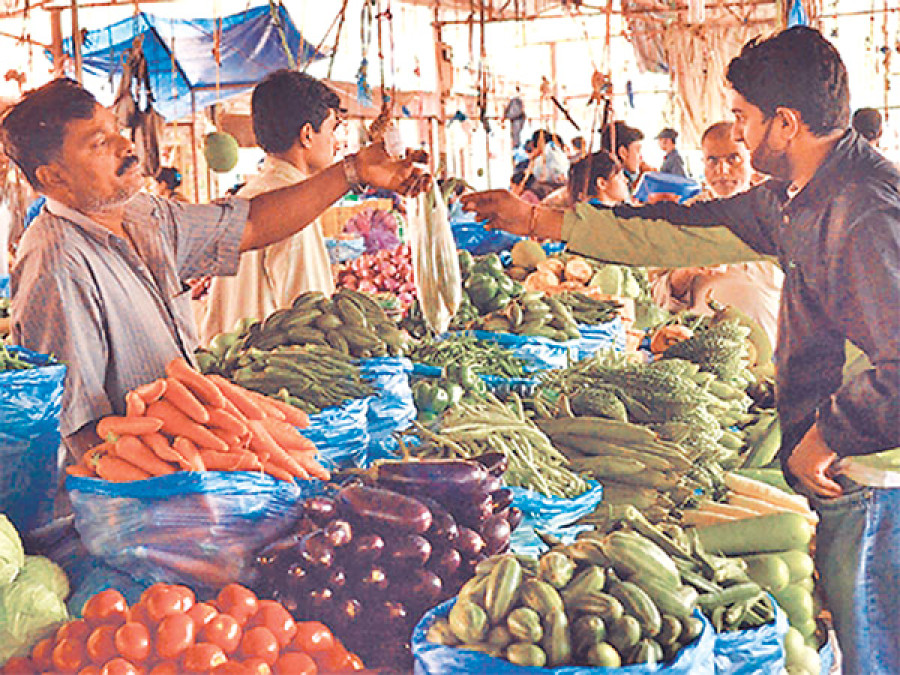Money
Dhading produces veggies valued at Rs3b annually
Dhading, one of the largest vegetable producing districts in the country, has an annual output valued at Rs3 billion. Production soared after farmers started adopting commercial agricultural practices, officials said.
Harihar Singh Rathaur
Dhading, one of the largest vegetable producing districts in the country, has an annual output valued at Rs3 billion. Production soared after farmers started adopting commercial agricultural practices, officials said.
With demand for fresh produce swelling in Kathmandu and other major cities, farmers in Dhading have been encouraged to produce green vegetables round the year. In the past, most farmers used to grow vegetables to earn enough to meet their basic household needs. Now their income has increased several times over.
According to the District Agriculture Office, farmers are growing vegetables on 6,022 hectares, and production has reached 76,479 tonnes annually. Chatredeurali, Jiwanpur, Naubise, Thakre, Kewalpur and Goganpani are popularly known as vegetable pocket areas in the district.
Nearly 10,000 farmers in 19 village development committees in the district are involved in commercial vegetable production. According to farmer Keshav Ghimire, the pocket areas that are spread over 4,516 hectares produce 57,805 tonnes of vegetables worth Rs2.60 billion annually. The value has been calculated using the average price of Rs45 per kg.
Farmers said that hordes of traders come to Dhading to purchase vegetables. In the past, farmers used to travel to the Kathmandu Valley to sell their crops. Dhading fulfills 27 percent of the Valley’s requirement of vegetables
“The financial status of the villagers has improved tremendously after they adopted commercial farming practices,” said Shyam Chandra Acharya, member of the National Federation of Farmers Group. He complained that producers were not getting fair prices matching their labour and production costs.
“Farmers who toil hard for three to four months to produce vegetables do not get fair prices for their harvests while traders who make a day investment make more profits.” He added that farmers were also worried about the spreading construction of brick kilns and cement factories in the district’s vegetable pocket areas.
Farmers cut back on pesticides
DHADING: Farmers in Dhading have been cutting back on pesticides following a massive awareness programme that started four years ago. The district accounts for 13 percent of the total pesticides used in the country.
The amount of pesticides used in the district has dropped from 69 tonnes annually some years ago to 58 tonnes currently, said Keshav Devkota, senior agriculture development officer.
“As farmers here were applying pesticides 18 times a year, we started an awareness programme to encourage them to cut down on harmful chemicals,” he said. Dhading is number two on the list of highest pesticide using districts after Kabhre.According to a report, farmers started using excessively high amounts of toxic pesticides to increase yield and profits after adopting commercial vegetable farming.




 22.26°C Kathmandu
22.26°C Kathmandu














